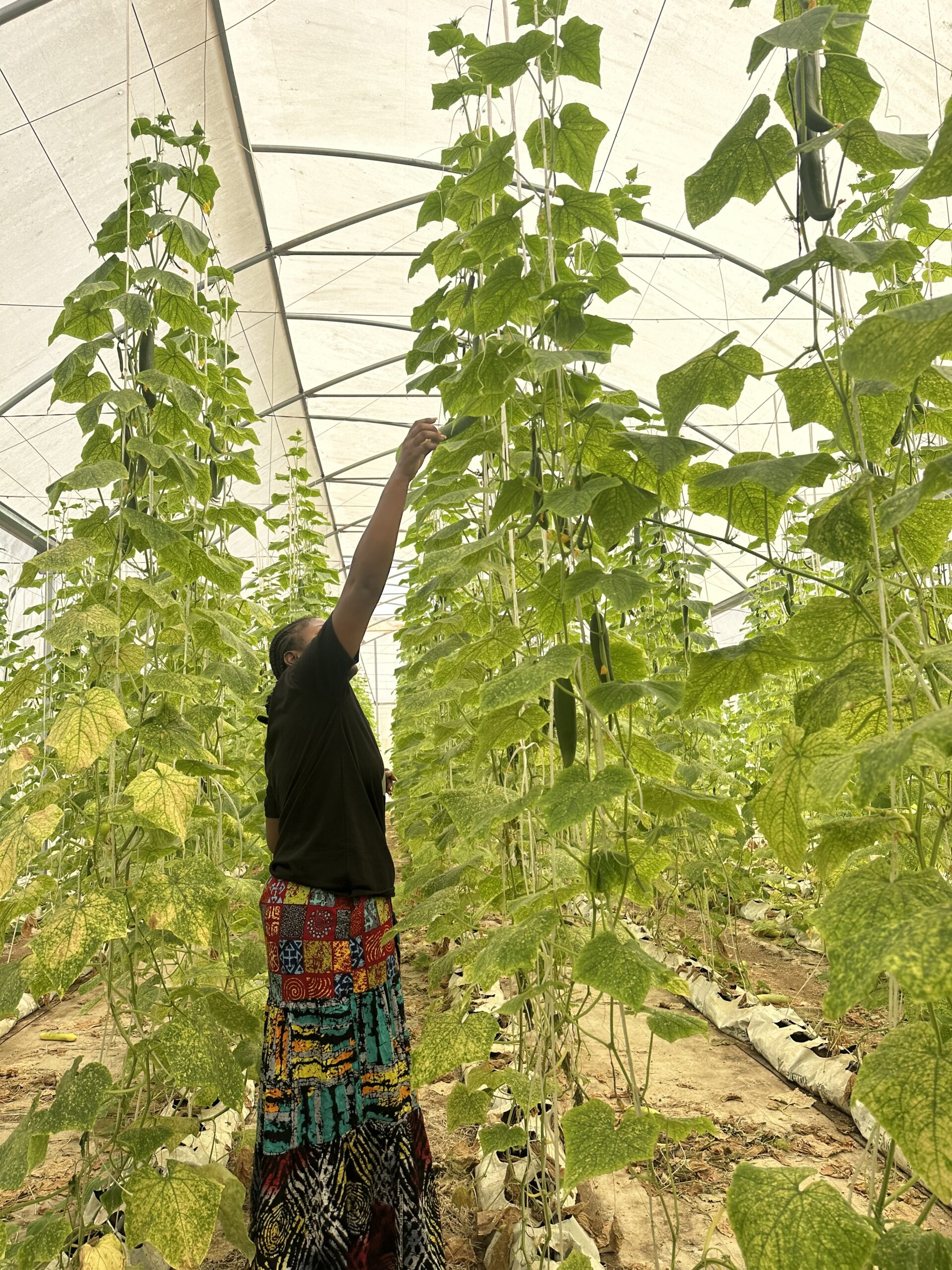Introduction
In an era where climate change threatens food security and environmental sustainability, Aware International is taking bold steps to integrate climate-smart solutions into education. One of its flagship projects, the Climate-Smart School Gardens, is not just a means of growing food but a hands-on approach to teaching sustainability, resilience, and agricultural innovation. These gardens are empowering young minds while fostering a culture of environmental responsibility.
The Climate-Smart School Gardens: A Transformative Initiative
Aware International’s Climate-Smart School Gardens initiative integrates sustainable agricultural practices into education, allowing students to learn about food production, climate resilience, and eco-friendly farming techniques. This initiative addresses key global challenges such as food insecurity, deforestation, and land degradation while equipping students with practical skills in climate-resilient farming.
Key Features of the Climate-Smart School Gardens:
- Sustainable Agriculture Education
- Students engage in organic farming, learning techniques such as composting, mulching, and integrated pest management.
- Practical lessons align with school curricula to enhance experiential learning.
- Water Conservation & Irrigation Systems
- Gardens are equipped with drip irrigation and rainwater harvesting systems to maximize water efficiency.
- Students are taught water conservation strategies to combat drought-prone conditions.
- Indigenous & Climate-Resilient Crops
- Emphasis on growing drought-tolerant and nutrient-rich crops suited to local climates.
- Encouraging biodiversity by integrating native plant species into school gardens.
- Waste Reduction & Circular Economy
- Schools incorporate composting programs to recycle food and garden waste into natural fertilizers.
- Zero-waste initiatives teach students to minimize environmental impact.
- Youth Leadership & Community Involvement
- Students take ownership of garden management, fostering leadership and teamwork.
- Partnerships with local farmers and organizations enhance community engagement and knowledge sharing.
The Impact of Climate-Smart School Gardens
- Improving Food Security: These gardens provide fresh, nutritious food for school feeding programs, reducing reliance on external food supplies.
- Enhancing Climate Awareness: Students become active climate stewards, applying their knowledge to real-world challenges.
- Building Economic Opportunities: Training in agribusiness and sustainable farming prepares youth for careers in agriculture and entrepreneurship.
- Promoting Environmental Responsibility: By integrating green practices early, Aware International is shaping a generation of eco-conscious leaders.
- Strengthening STEM Education: By engaging students in agricultural problem-solving, data collection, and resource management, the initiative enhances their STEM skills and critical thinking abilities.
Looking Ahead: Scaling Aware International’s Green Initiatives
Aware International envisions expanding Climate-Smart School Gardens across rural and urban schools, integrating innovative solutions like AI-driven monitoring systems, smart irrigation, and vertical farming. The organization is also advocating for policy reforms to incorporate climate-smart agriculture into national education systems.
Conclusion
Through the Climate-Smart School Gardens, Aware International is proving that sustainable agriculture and education can go hand in hand. By equipping young minds with knowledge and skills for climate resilience, this initiative is paving the way for a greener, more sustainable future. As we continue to face global environmental challenges, empowering the next generation with sustainable practices is the key to lasting change.


Leave a Reply